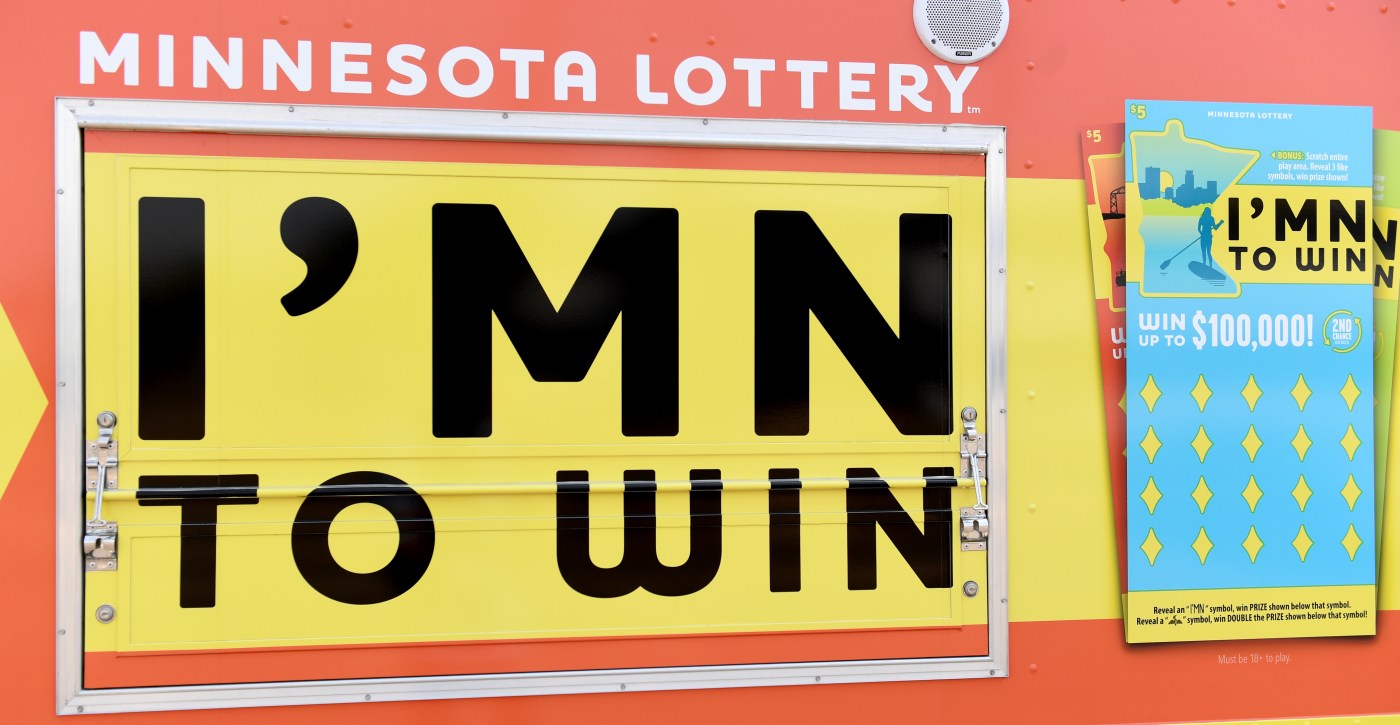
Minnesotans to vote on whether lottery money will continue funding conservation, environment
Minnesotans won’t just be casting votes for president, U.S. Senate and in legislative races this November. A question on the ballot will impact how the state uses the more than $700 million a year it raises through the Minnesota State Lottery.
This year’s ballot measure is posed to voters as a yes-no question: Should the Minnesota Constitution be changed so the state keeps funding conservation and environmental efforts through lottery dollars?
Voters have said yes to that question twice before; first when the lottery was created in 1988, and a second time in 1998 when the initial mandate on conservation spending ended. With that last authorization set to expire in 2025, voters are being asked to extend the mandate once again — this time through 2050.
The measures have been widely popular in the past, with more than 70% of voters backing them.
Where the money goes
Under the arrangement, 40% of the Minnesota State Lottery’s revenue goes toward the state’s Environment and Natural Resources Trust Fund. The rest goes toward the state’s general fund. Lottery sales last year topped $787 million, up from $597 million in 2018.
The fund has provided about $1.1 billion to more than 1,700 projects across the state since it was created in 1991, according to the Legislative-Citizen Commission on Minnesota Resources, the board that manages the money.
Those projects have included efforts to research and combat chronic wasting disease in deer, protecting state waters through monitoring for pollution like microplastics and “forever chemicals,” and research on invasive species. It’s also helped fund park projects across the state. A portion also goes for preventing and treating problem gambling.
To continue funding, last year the Legislature voted to put the measure on the 2024 ballot, and it’s attracted a coalition of backers.
Business groups, nonprofits and local governments have formed a group called “Minnesotans For Our Great Outdoors” to raise awareness about the measure. Hospitality Minnesota, a group representing the state’s restaurant and hotel industry, and conservationists are part of the effort.
“Whether you have hiked on the Superior Hiking Trail, swam in one of our lakes or protected pollinators in your garden, Minnesotans from every corner of the state have benefited from this funding,” said Ann Mulholland, chapter director of the Nature Conservancy in Minnesota, North Dakota and South Dakota.
What does voting ‘yes’ change?
In addition to reauthorizing the amount of lottery funds dedicated to the environment and natural resources, voting yes would make a few changes to current rules on how the state can spend the money each year.
If approved, the state would be able to spend 7% of the fund’s value each year, a 1.5% increase from before. The extra amount would go toward new grant programs.
Those would go toward “helping adversely impacted communities respond to environmental degradation and related health concerns,” and education and preservation efforts.
An 11-member advisory council appointed by the commissioner of natural resources would review the new grants. Members will be required to have expertise in the environment or natural resources, and to represent the state’s various tribal and ethnic groups. There’s also a requirement for representation from urban, suburban and rural areas.
Wastewater treatment projects
Another change: The state could no longer use money in the environment trust fund to pay off debt on public projects or for wastewater facilities. Funding for wastewater research would still be allowed.
There is no formal campaign opposing the ballot measure, though during the 2023 legislative session, some Republican lawmakers voted against putting the version now on the ballot before voters.
In committee hearings and during floor debate, some raised concerns about specifically banning the use of conservation lottery dollars for wastewater treatment projects.
Rep. Athena Hollins, DFL-St. Paul, who sponsored the ballot measure in the House, said the new amendment aims to stop “future raids” for wastewater projects.
But Rep. Josh Heintzeman, R-Nisswa, noted the original lottery amendment from 1988 allowed for the state to use proceeds to pay and borrow for water system improvements.
While the measure passed with bipartisan support, Heintzeman was among a group of GOP lawmakers who voted against putting the amendment on the Nov. 5 ballot.
Related Articles
Other voices: Russia and Iran want a vote in our election
Walz touts Democratic record of defending LGBTQ+ rights, says Harris will advance cause if elected
School shooting draws unwanted attention to Georgia on campaign trail
Abortion rights questions are on ballots in 9 states. Will they tilt elections?
Swing states prepare for a showdown over certifying votes in November

